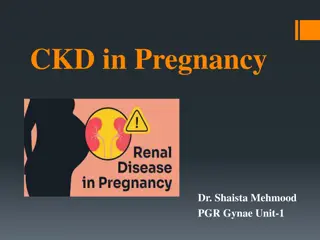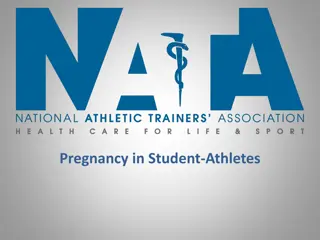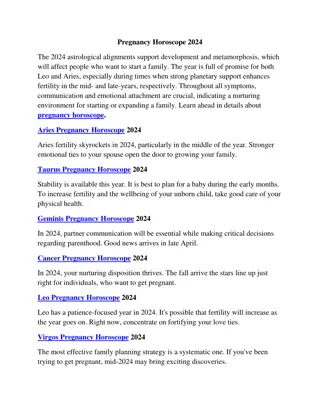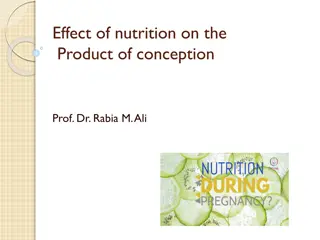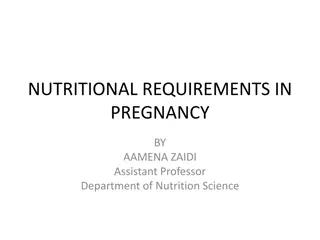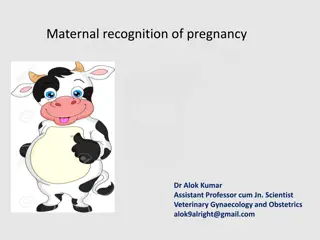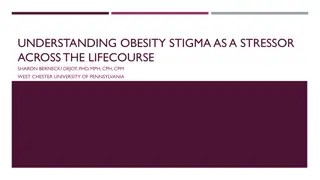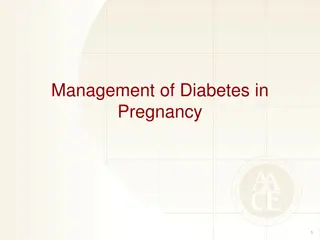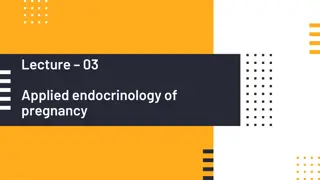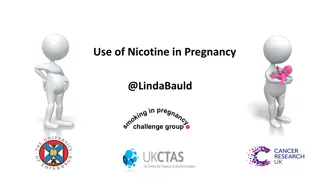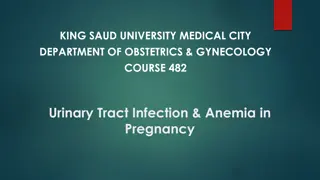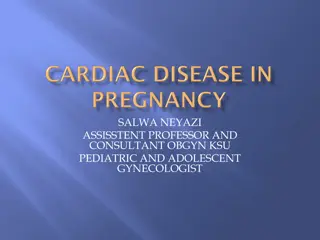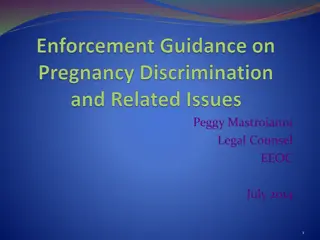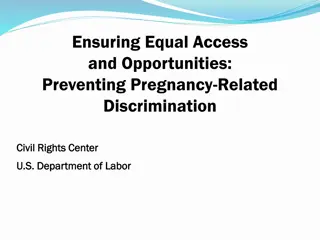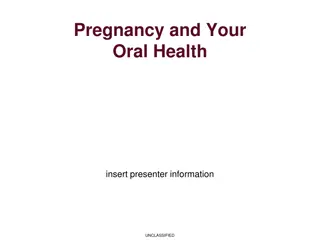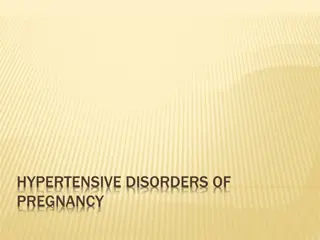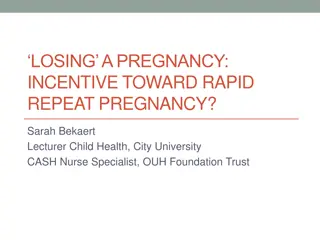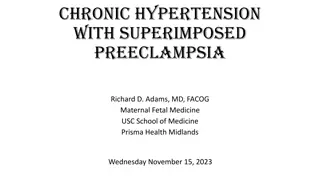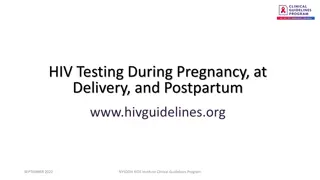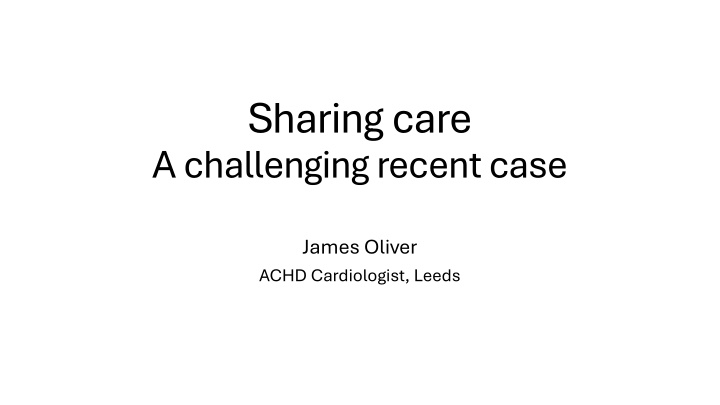
Challenging Pregnancy Case Study with ACHD Cardiologist in Leeds
Follow the journey of a 33-year-old woman with congenital heart disease, multiple pregnancies, and a mechanical mitral valve replacement as she navigates a current high-risk pregnancy. The case involves management challenges, including adjustments to anticoagulation therapy and concerns about premature labor, highlighting the importance of specialized care and decision-making in complex obstetric and cardiac cases.
Download Presentation

Please find below an Image/Link to download the presentation.
The content on the website is provided AS IS for your information and personal use only. It may not be sold, licensed, or shared on other websites without obtaining consent from the author. If you encounter any issues during the download, it is possible that the publisher has removed the file from their server.
You are allowed to download the files provided on this website for personal or commercial use, subject to the condition that they are used lawfully. All files are the property of their respective owners.
The content on the website is provided AS IS for your information and personal use only. It may not be sold, licensed, or shared on other websites without obtaining consent from the author.
E N D
Presentation Transcript
Sharing care A challenging recent case James Oliver ACHD Cardiologist, Leeds
Background 33 year old, lives 90 mins by car from Leeds Cardiac Cardiac Congenital mitral valve disease - 27 mm St Jude mechanical mitral valve replacement age 12 Obstetric Obstetric Successful pregnancy age 20 Intrauterine death at 20/40 age 26 Premature delivery at 27+6/40 age 26 Early miscarriage age 32 (pregnancy after appropriate pre-preg counselling) No cardiac complications during any pregnancy
Current pregnancy Pregnant soon after miscarriage MVR good function Converted to LMWH about 5/40 Aspirin given obstetric history Some anti-Xa levels done locally, switched back to warfarin at 13/40 Regular review by the pre-term team, progesterone pessaries
At 20/40 MVR mean gradient 19 mmHg (baseline 9-13 mmHg), leaflets looked OK and no breathlessness - INR range increased to 3-4 (from 2.5-3.5) At 21/40 no change in echo, no symptsbut low dose bisoprolol and furosemide for effective mitral stenosis
26/40 Emergency delivery plan generated and shared with local hospital Starts getting lots of tightenings/pressure in pelvis Presentation to local hospital -lots of anxiety for her and local team Patient very concerned re premature labour, exacerbated by distance from Leeds and lack of confidence in local team
28/40 Admission to Leeds with tightenings Still inpatient at 30/40: ongoing tightenings, risk of labour before 37/40 calculated at 25% Given risk of premature labour, elected to convert to LMWH at 33/40 Discharged
32+3/40 Presented to local hospital with more abdo pain, concern re premature labour. No objective evidence of labour but rapidly transferred to Leeds. Switched to LMWH Keen to get back to family but very concerned re premature labour a long way from Leeds Didn't develop any objective sign of entering labour, but we had concerns around local management if presented early No issues with valve or baby
MDT with cardiology/obs/haem at 34/40 Aim to assess suitability/likely start induction at 37/40 Agreement to remain inpatient until delivery Detailed delivery plans updated
Thereafter rather uneventful Induction as planned at 37/40 Warfarin started a week after delivery, discharged day 9 postpartum
Issues / questions Was in hospital and away from family for > 8 weeks from 28/40 Essentially, because she lived so far away Was it necessary? Sharing a very detailed emergency plan didn't provide sufficient reassurance that she could be managed locally safely

